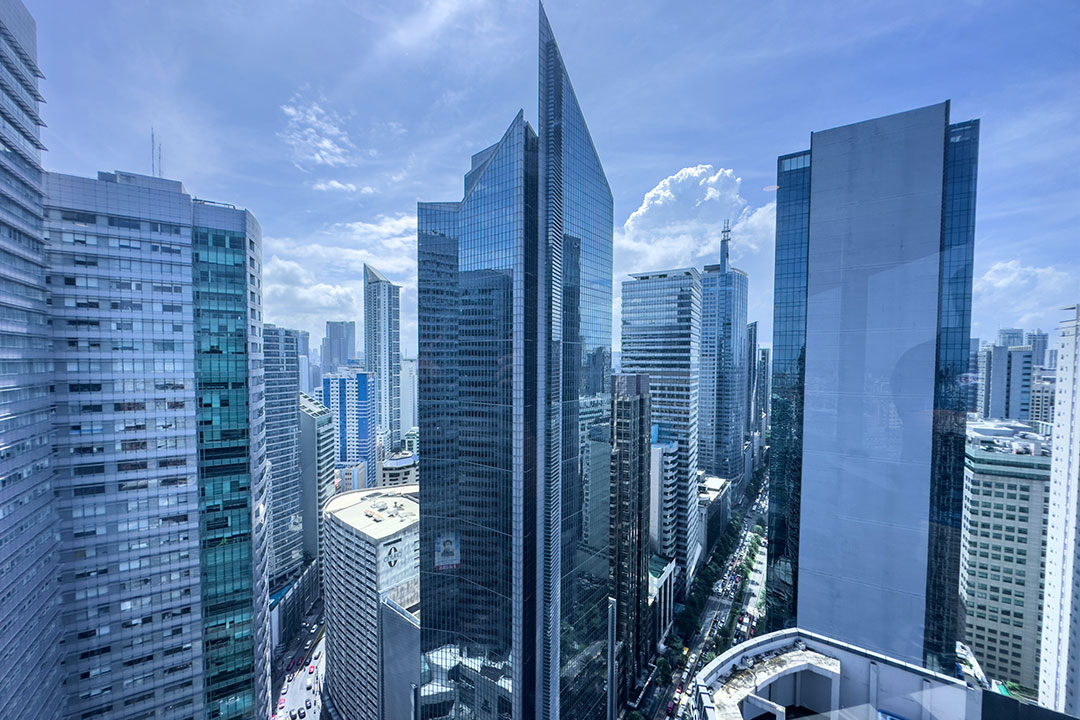 PHILIPPINE STAR/ RYAN BALDEMOR
PHILIPPINE STAR/ RYAN BALDEMORBy Amena Arif
IT’S STILL EARLY DAYS for me in the Philippines as IFC’s new country manager here, and already I’m struck by the remarkable journey this country has undergone over the past four decades — a journey that BusinessWorld has dutifully documented through its 38 years of dedicated reporting.
I’m often asked what lessons I bring with me, working across such varied and seemingly disparate markets, from Pakistan to Lebanon to Sri Lanka, and then Kenya, where I led our operations across several East African countries. I see some consistent truths that cut across all these markets — how families, communities and economies change when people have respectable livelihoods. How these livelihoods and sustainable economic development must be deeply rooted in local capacity.
At IFC we are keenly aware that you can’t just parachute in solutions from the outside and expect them to take hold. Solutions may be seeded by ideas from outside, but they must be grown in and adapted to our market realities. And in the Philippines, there is no shortage of ideas or capacity.
With a young, dynamic population and a steadily growing economy, the country has all the ingredients for sustained prosperity. Yet challenges remain — how do we ensure that growth translates into meaningful, long-term employment opportunities that can lift millions more Filipinos into the middle class? We believe the answer lies in empowering the private sector to become the primary engine of job creation and growth. And that’s exactly what IFC is here for.
POWERING GROWTH: THE ROAD TO CLEAN ENERGY AND WATER
Energy is a fundamental input for economic growth, and there is no shortage of interest from the private sector to help the Philippines meet its energy aspirations. From renewable energy developers eager to drive low-carbon solutions across the archipelago to financial institutions leading multibillion-peso sustainable finance issuances, Philippine companies are stepping up with both capital and commitment. And so are we.
Last year, we announced our first Sustainability-Linked Financing deal with Ayala Land, Inc. (ALI), for up to $250 million (P14 billion), which aims to strengthen the Philippines’ transition to green and resilient buildings while creating quality employment opportunities across the construction and retail sectors. It also enabled the company to issue two additional sustainability-linked bonds under the same framework, demonstrating the market-creation impact of IFC’s strategic approach.
The framework doesn’t work for just one company — we established a replicable model that other developers and companies can adapt for their own sustainability journeys. When respected leaders like the Ayala Group are first to embrace these new financing instruments, it sends a powerful signal to the broader market about their commercial viability and strategic value.
Indeed, the Ayala Group and IFC have championed climate finance in the country for many years. In 2023, we invested $250 million in the Bank of the Philippine Islands’ first green bond issuance as part of our 30×30 Zero program. That was the biggest deal IFC has done with a financial institution in this part of the world, and it has gone on to fund crucial projects in renewable energy, green buildings, electric vehicles and climate-smart agriculture.
BDO is another great example of a financial institution leading the way in sustainable finance. The bank’s maiden blue bond issuance in 2022 encouraged other financial institutions to explore similar instruments, multiplying the impact. When IFC invested $100 million in that offering to tackle marine pollution, we weren’t just addressing an environmental challenge. We were catalyzing an entire industry around waste management, marine conservation, and sustainable coastal development—sectors that will employ thousands of Filipinos for decades to come.
DIGITAL TRANSFORMATION: CATALYZING JOB CREATION
Having spent my career in emerging markets, I have seen up close how strategic investments in financial technology can transform entire economic ecosystems.
The challenge is significant. Despite micro, small, and medium enterprises (MSMEs) comprising over 99% of all businesses in the Philippines, loans to them persistently fail to meet expectations. Under local law, banks must allocate at least 10% of their total loan portfolio to MSMEs. And yet in the first quarter of 2025, that figure came in at just 4.6%, not much different from last year.
This disparity becomes even more pronounced when we consider geographic distribution. While 75% of MSMEs operate outside Metro Manila, only a fraction of banking system loans serves companies beyond the capital region. This structural imbalance has created a financing desert that traditional banks have struggled to address.
Our fintech investments target this gap directly. We support technology-enabled lenders such as Salmon and First Circle, both of which use artificial intelligence (AI)-driven credit assessment to reach previously unbanked and underserved clients.
First Circle says SMEs partnering with them have achieved an average 80% growth in their first two years as customers, and the startup has now extended P11 billion in total loans. Meanwhile, Salmon’s acquisition and digital transformation of the 60-year-old Rural Bank of Sta. Rosa resulted in a remarkable 439% increase in deposits, demonstrating how fintech innovation can breathe new life into traditional banks while expanding financial access to underserved communities.
IFC also worked with CARD Bank, one of the largest microfinance institutions in the Philippines, to develop and deploy an automated credit scoring model nationwide across its branches last year. Since then, the bank has disbursed more than 10,000 new loans, of which 93% went to women or women-led businesses, many in remote areas.
Likewise for Esquire Financing — apart from a digital scorecard, IFC extended them P500 million, which was our first investment in a nonbank financial institution (NBFI) in the country. That was in 2022, just as the Philippines was navigating its way out of the pandemic, so the bulk of the proceeds went to those hardest hit by the lockdowns — women-owned businesses and informal enterprises.
The success of our investments in the Philippines validates a fundamental principle. When we remove barriers to financial access for large companies or small businesses, we unleash entrepreneurial potential that creates jobs, drives innovation, and builds more inclusive economic growth. We’ve seen time and again that every loan to an MSME can translate into five, ten or twenty new jobs in local communities. When a manufacturing plant in Cebu secures growth financing, it doesn’t just increase production capacity, it creates skilled employment opportunities and contributes to industrial development outside traditional economic centers.
At the World Bank Group, local job creation sits at the center of everything we do — whether we’re financing wind farms that employ local technicians or supporting financial institutions that expand credit to underserved markets. As part of IFC’s 2030 strategy, we’re aiming to reach over 30 million small businesses worldwide by 2030 through technology and strategic partnerships. But rather than just providing loans, we’re building complete support systems where small businesses can access markets, adopt new technologies, and find the opportunities they need to succeed and hire more people.
THE PATH FORWARD
Building on the remarkable progress of the past decades, the Philippines is well-positioned for the next phase of growth. The country has strengthened its institutions, developed human capital, and established robust regulatory frameworks. What’s needed now is a continuance of the patient, strategic deployment of private capital essential for creating quality jobs that will improve lives for millions of people.
Watching businesses create opportunities for young people in Africa, to my new role in Manila, supporting Filipino entrepreneurs as they build the companies of tomorrow, I think about that one principle that holds steady — when you get the private sector ecosystem right, good growth follows.
The Philippines has all the ingredients for this success. IFC with its patient capital, technical expertise, and, most importantly, a commitment to the Filipino people, can help ensure that private sector growth translates into broad-based, lasting and shared prosperity.
Amena Arif is the country manager for the Philippines at the International Finance Corporation (IFC).

 5 hours ago
1
5 hours ago
1





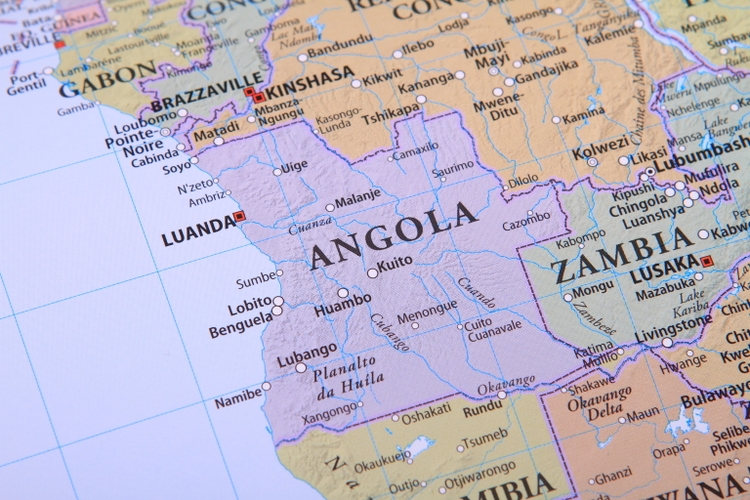
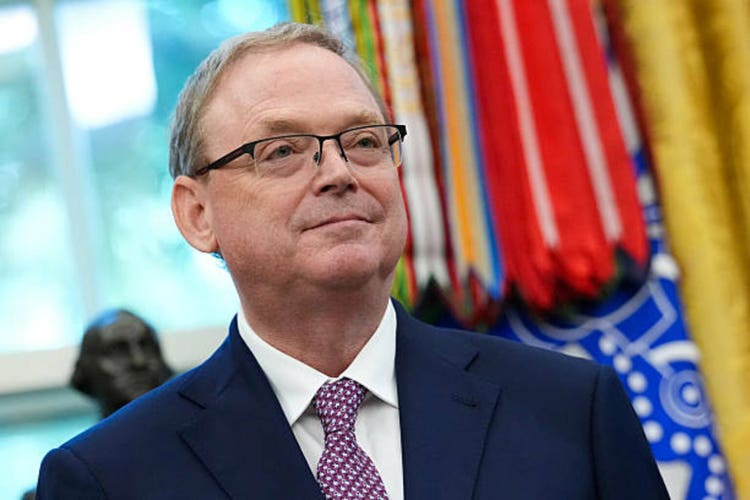
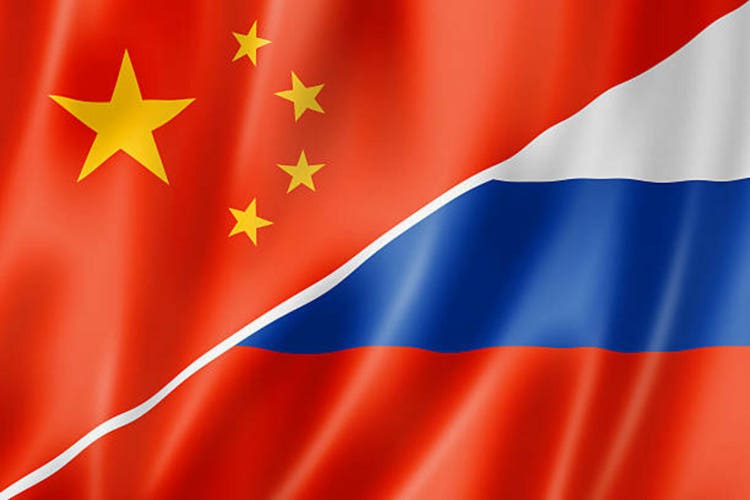


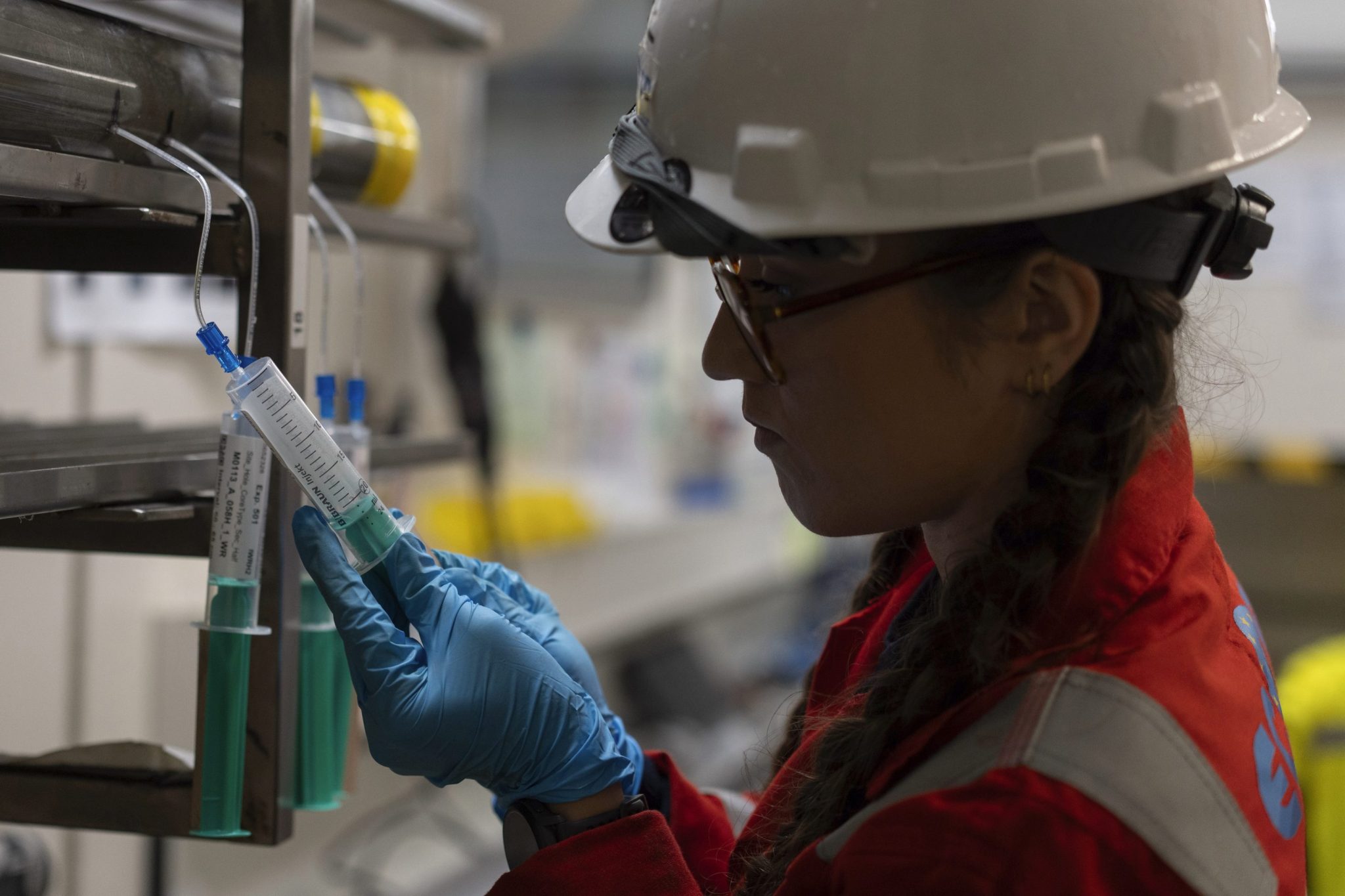
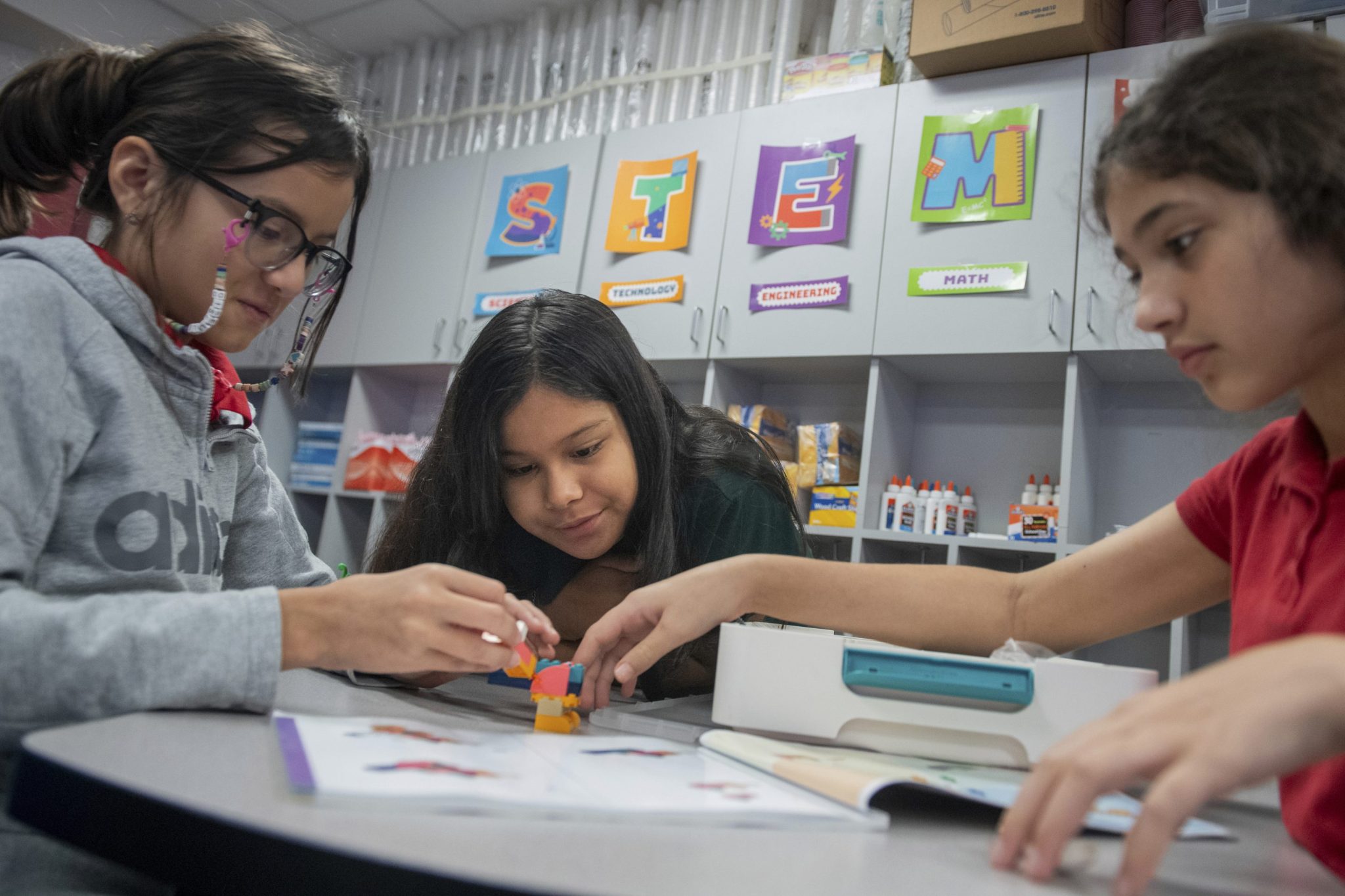




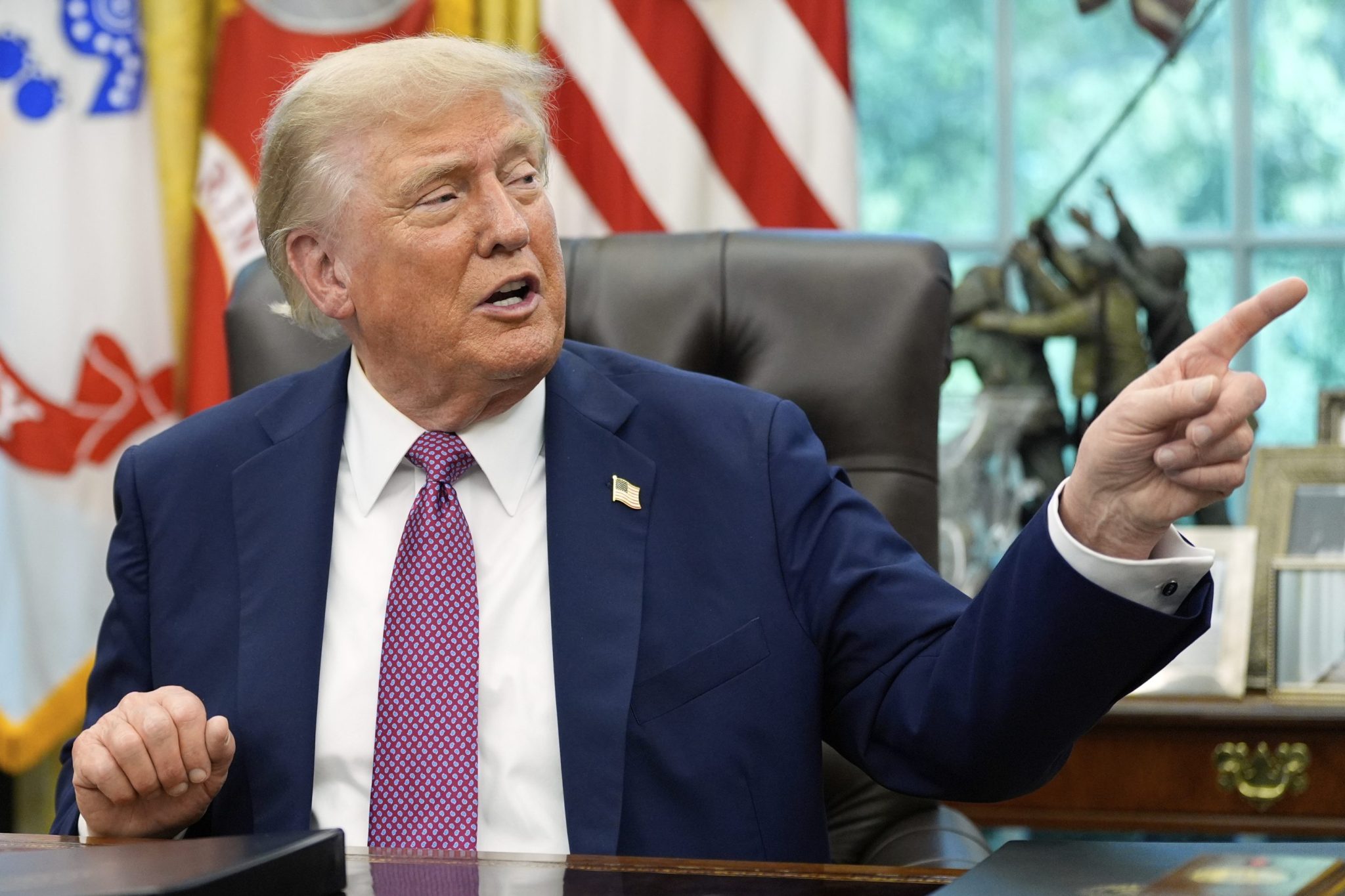


 English (US) ·
English (US) ·